The Internal Revenue Service (IRS) has announced its plan to disburse $2.4 billion in special payments to around 1 million individuals. This initiative ensures that Americans who missed receiving their full federal stimulus payments during the pandemic will finally see the funds in their bank accounts.
Key Details About the Payments
The amount each recipient will receive depends on individual circumstances, with the maximum payment being $1,400 per eligible person. These payments aim to address gaps where taxpayers did not claim or receive their full entitlement during the pandemic-era stimulus distributions.
Automatic Payments to Simplify the Process
To make the process hassle-free, the IRS has opted for automatic disbursement of the payments. According to IRS Commissioner Danny Werfel, this approach eliminates the need for recipients to file amended tax returns or navigate a lengthy claims process.
In a statement, Werfel emphasized, “To minimize headaches and get this money to eligible taxpayers, we’re making these payments automatic.”
Who Qualifies for These Special Payments?
The IRS revealed that the payments stem from a review of internal tax data, which identified individuals who had filed tax returns but failed to claim the Recovery Rebate Credit in 2021.
Recovery Rebate Credit: A Quick Overview
The Recovery Rebate Credit was established to assist taxpayers who did not receive all or part of their stimulus checks during the pandemic. Congress authorized three rounds of stimulus payments:
- Two payments in 2020.
- One payment in 2021.
Most eligible taxpayers have already received these payments directly or through the Recovery Rebate Credit on their tax returns. However, some individuals who qualified missed out, prompting the IRS to address this oversight.
Do You Need to Apply for the Payment?
The short answer is no.
The IRS has clarified that eligible individuals do not need to apply for the payment. Instead, the payments are being sent automatically to about 1 million taxpayers who qualified for the Recovery Rebate Credit but didn’t claim it.
Notification for Recipients
The IRS will notify recipients via mail to inform them about the forthcoming payment. This ensures transparency and provides clarity about how and when the payment will be delivered.
Timeline for Payments
The IRS has scheduled the payments to be sent out in December 2024, with the majority expected to arrive by late January 2025.
Delivery Methods
The payments will be distributed through two main channels:
- Direct Deposit: For recipients whose bank account information is on file with the IRS.
- Paper Check: Mailed to the address provided in the tax return.
Key Facts About IRS Special Payments
| Aspect | Details |
|---|---|
| Total Payment Amount | $2.4 Billion |
| Number of Recipients | Approximately 1 Million |
| Maximum Payment Per Person | $1,400 |
| Reason for Payments | Unclaimed Recovery Rebate Credit |
| Application Required? | No |
| Notification Method | Letter sent by the IRS |
| Payment Timeline | December 2024 – January 2025 |
| Delivery Methods | Direct Deposit or Paper Check |
By addressing these missed stimulus payments, the IRS aims to ensure that eligible taxpayers receive their due support from the pandemic relief initiatives. If you qualify, keep an eye out for notifications from the IRS and expect your payment to arrive soon!
FAQs
What is the Recovery Rebate Credit?
The Recovery Rebate Credit is a tax credit created to help individuals who did not receive their full stimulus payments during the pandemic. Taxpayers could claim the credit on their 2021 tax returns if they were eligible but missed the payments.
How will I know if I’m receiving the payment?
The IRS will send a letter to all recipients notifying them of the upcoming payment and providing details about how it will be delivered.
What if my address or bank account information has changed?
If the IRS does not have your updated information, the payment may be delayed. It’s advisable to update your details with the IRS as soon as possible through their website or by contacting their office.

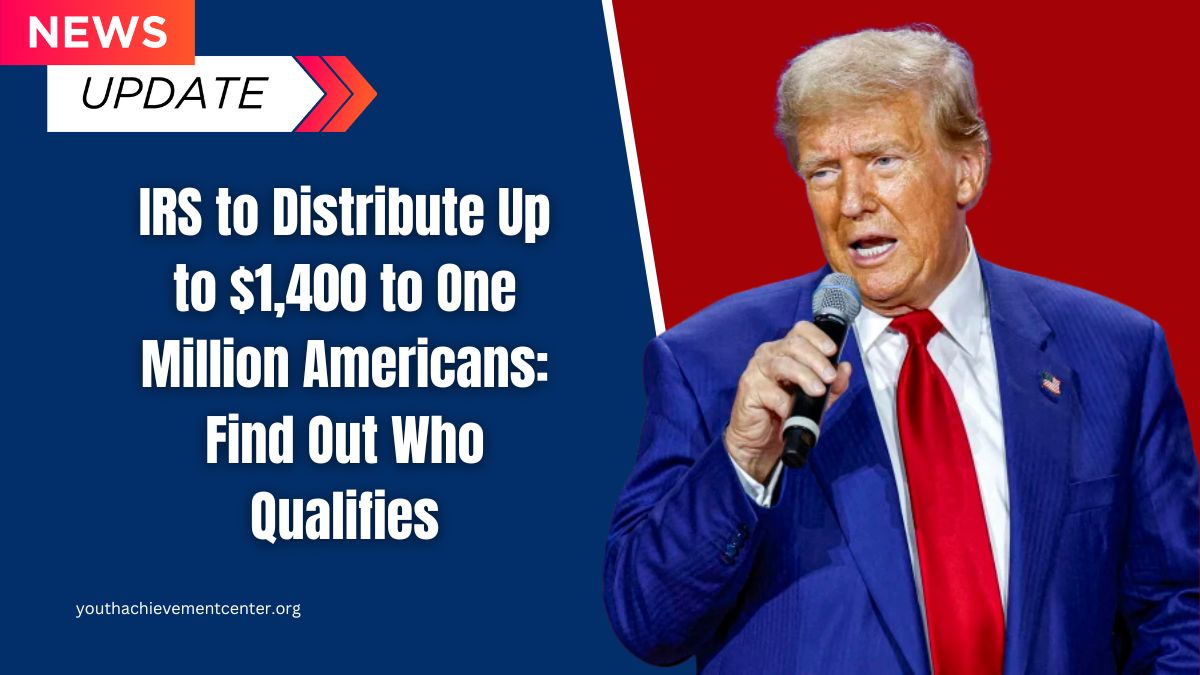

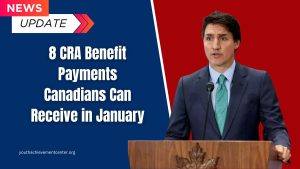
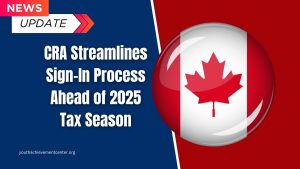
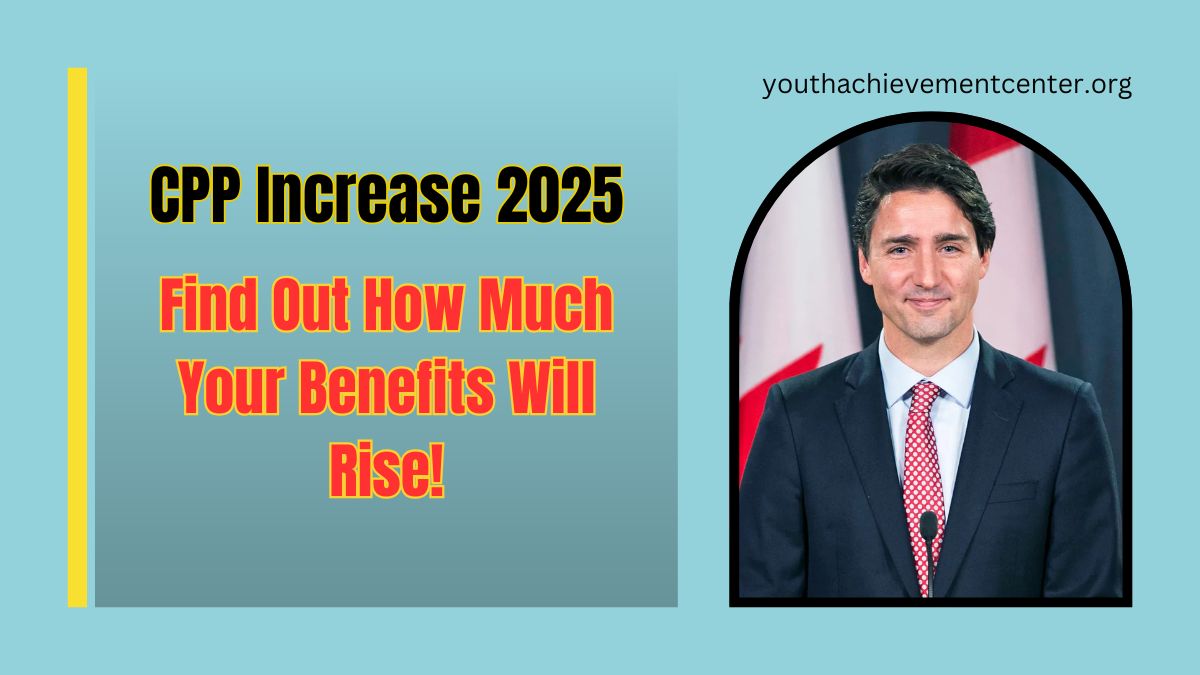
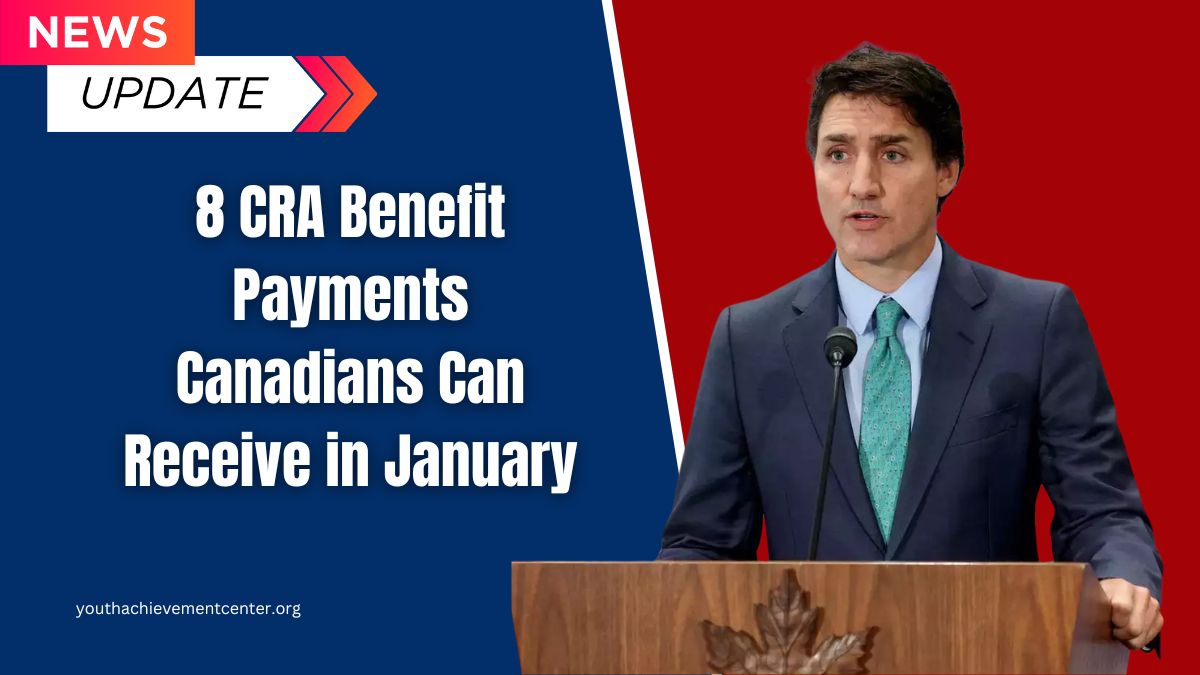
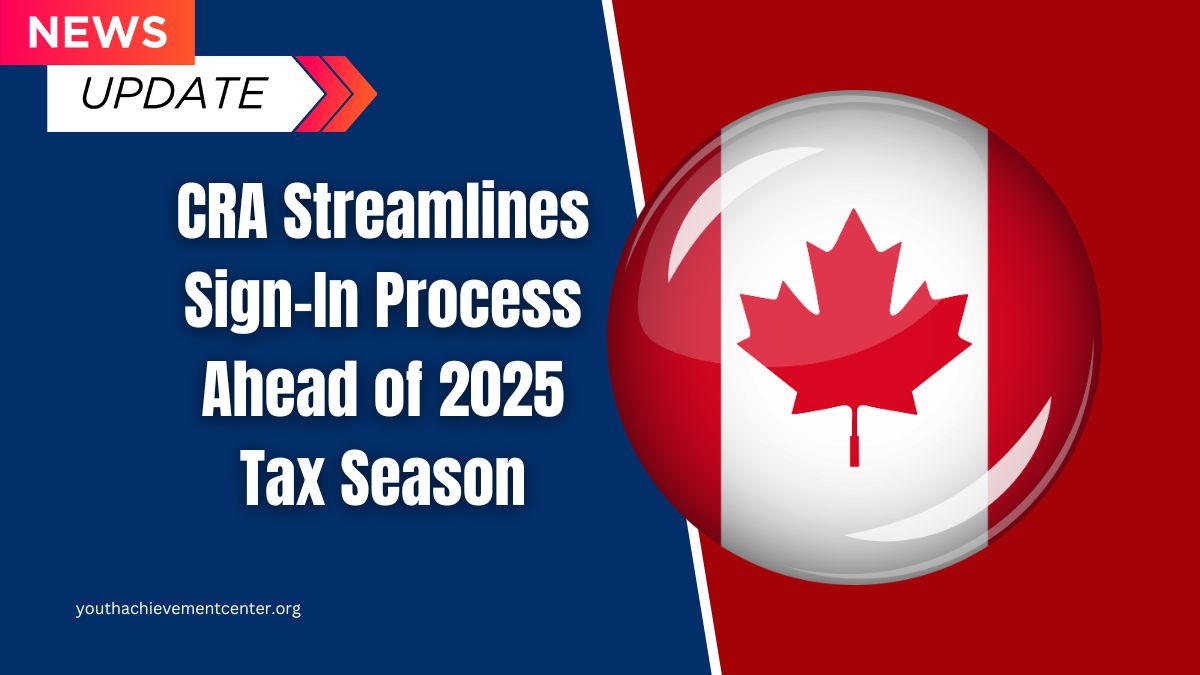
One thought on “IRS to Distribute Up to $1,400 to One Million Americans: Find Out Who Qualifies”
If they took into factor of all the fact of all the ppl who no longer living because they died from COVET during 3yrs of shutdown it should last longer than 2035. My brother paid in all his working 50 years and never drew one damn cent. DO THE FREAKEN MATH!!!!